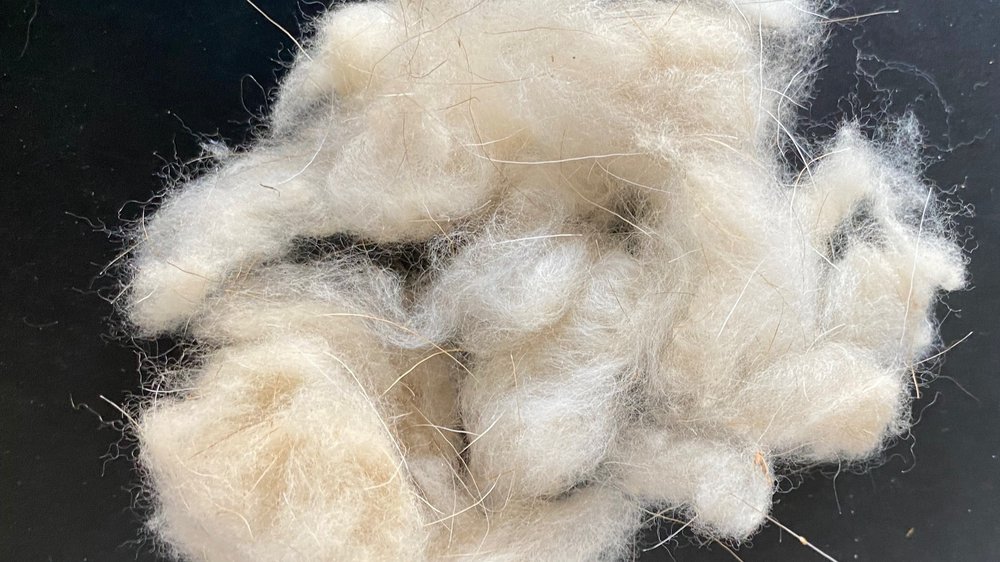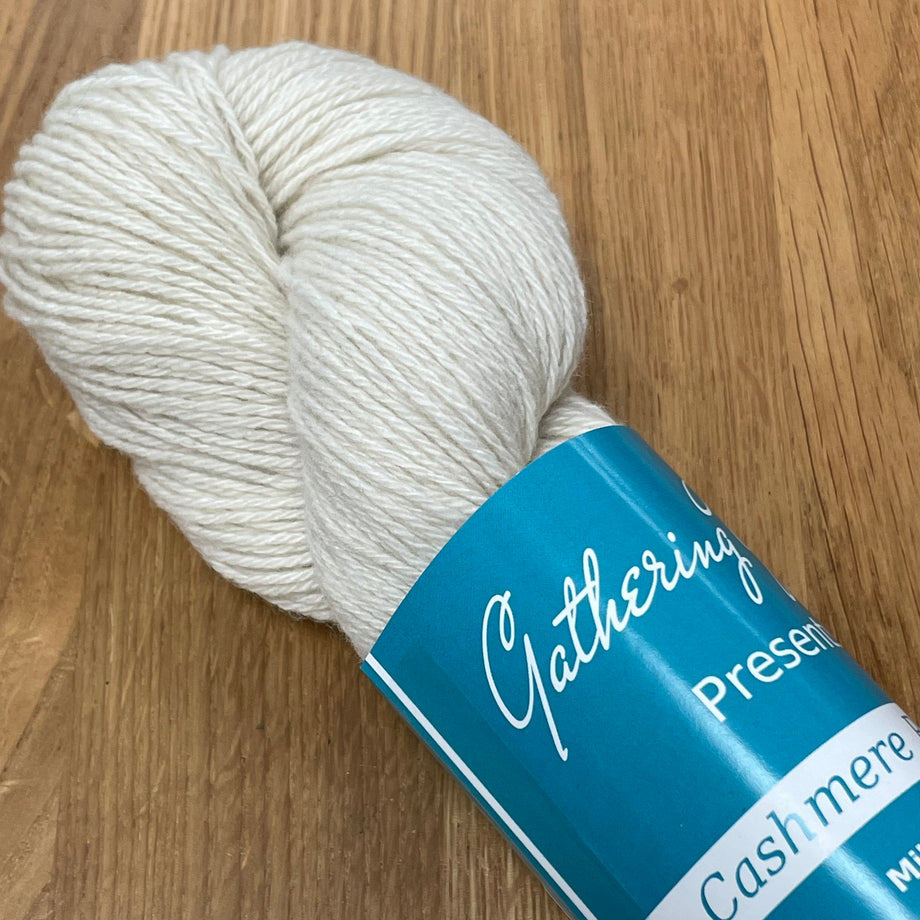Comprehending the Various Kinds Of Cashmere an All-natural Fiber and Their Unique Benefits

The Origins of Cashmere: A Historical Summary
While the elegant touch of cashmere continues to charm modern customers, its origins trace back to the rough, cold climates of Mongolia and the Himalayas. For centuries, the indigenous peoples of these areas have actually been increasing Capra Hircus goats, the prime source of cashmere woollen. These goats, resilient versus the serious winter seasons, grew a fine undercoat to endure, which later on came to be referred to as cashmere. The name itself admires Kashmir, an area in India where the wool was initially refined. Much of the early cashmere trade route was helped with by the Silk Roadway, attaching Asia with the Middle East and Europe. Despite its international spread, the finest cashmere is still thought to stem from the initial regions of Mongolia and the Himalayas.

The Manufacturing Refine: From Goat to Garment
Shearing a Capra Hircus goat notes the creation of the detailed cashmere production process. The resultant raw cashmere is then washed to eliminate impurities such as grease, vegetable, and dust issue.
The clean fiber undergoes coloring, spinning, and weaving, or knitting, to change it into a fabric. Complex procedures like quality assurance checks and completing procedures follow, making sure the end product preserves the glamorous requirement expected of cashmere. This meticulous procedure, from goat to garment, warrants the high price connected to cashmere products, making them a symbol of deluxe and improvement.
The Different Kinds Of Cashmere: An In-depth Analysis

The Distinct Advantages of Cashmere: Convenience and Sustainability
Relocating from the range of cashmere kinds to the benefits they provide, comfort and sustainability stick out plainly. Cashmere, an all-natural fiber, is renowned for its unmatched gentleness, supplying a level of comfort that artificial fibers can not match. The material's agility, yet excellent Read More Here warmth retention, makes it ideal for all seasons. Cashmere's all-natural flexibility allows it to return to its initial shape, making it resistant to reducing or extending.
When it concerns sustainability, cashmere is Read Full Report naturally degradable and eco-friendly, as it's gathered from cashmere goats that regrow their coats every year. what is cashmere. Unlike synthetic fibers which can take hundreds of years to break down, cashmere's impact on the environment is marginal. This combination of comfort and sustainability makes cashmere a valuable option for aware consumers

Caring for Your Cashmere: Upkeep and Conservation Tips
While cashmere is definitely a lavish and sustainable selection, it requires particular care to maintain its top quality and prolong its life expectancy. To begin, cashmere need to be hand cleaned making use of cool water and a mild cleaning agent. Stay clear of twisting or wringing the garment as it can harm click for source the fibers. Instead, delicately press out excess water and lay it level on a towel to dry. Moreover, cashmere things should be stored in a great and dry location, far from direct sunshine and moisture. Utilizing moth repellents can shield these garments from possible damage. It's a good idea to avoid hanging cashmere to avoid extending. Instead, layer and shop them effectively to keep their shape and high quality over time.
Purchasing Cashmere: Understanding Its Worth and Worth
Although cashmere may at first appear like an expensive financial investment, its long-lasting worth and worth ended up being evident when you consider its impressive high qualities. Understood for its unmatched softness and heat, cashmere is a costs all-natural fiber that exceeds other products. Its high need and restricted supply add to its high price, however its longevity guarantees it lasts for years, offering superb worth for cash. Cashmere items are ageless, frequently coming to be treasures passed down via generations. what is cashmere. In addition, its natural protecting buildings give heat without the bulk of artificial fibers. Spending in cashmere, therefore, is not nearly existing style trends, however about embracing a sustainable, resilient, and glamorous way of life.
Conclusion
In summary, the type of cashmere one picks, be it Mongolian, Chinese, or Italian, is determined by specific preferences for heat, sustainability, budget plan, and luxury. Recognizing the origins, manufacturing procedure, and unique benefits of various types of cashmere can direct customers in their investment in this luxurious all-natural fiber.
Whether it's the outstanding warmth of Mongolian cashmere, the price of Chinese cashmere, or the eco-conscious production of Italian cashmere, there's a tale to be found behind each fiber type. Cashmere, a natural fiber, is renowned for its exceptional softness, giving a level of convenience that artificial fibers can't match.When it comes to sustainability, cashmere is biodegradable and sustainable, as it's collected from cashmere goats that regrow their coats annually. Recognized for its unrivaled softness and heat, cashmere is a premium natural fiber that outshines other materials. Comprehending the beginnings, production process, and special advantages of different types of cashmere can guide consumers in their investment in this extravagant all-natural fiber.
 Edward Furlong Then & Now!
Edward Furlong Then & Now! Rider Strong Then & Now!
Rider Strong Then & Now! Robert Downey Jr. Then & Now!
Robert Downey Jr. Then & Now! Mackenzie Rosman Then & Now!
Mackenzie Rosman Then & Now! Robbie Rist Then & Now!
Robbie Rist Then & Now!